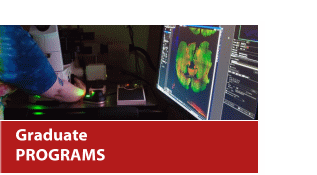



The Computational and Neural Basis of Rhythmic Timing in Medial Premotor Cortex
Successful Pain Management with Epidural Oxytocin
Exercise Prevents Amyloid-β-Induced Hippocampal Network Disruption by Inhibiting GSK3β Activation



2006-2018 © INSTITUTO
DE NEUROBIOLOGÍA
Universidad Nacional Autónoma de México (UNAM)
Boulevard Juriquilla 3001, Querétaro, 76230, México.
